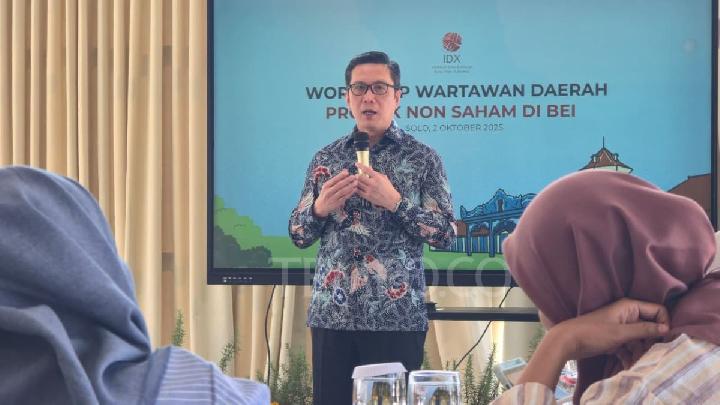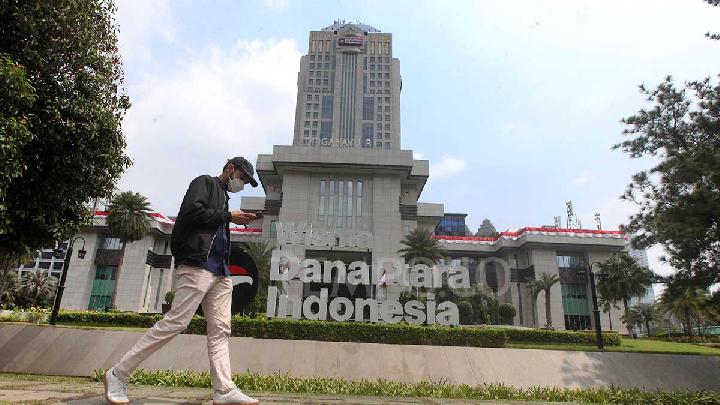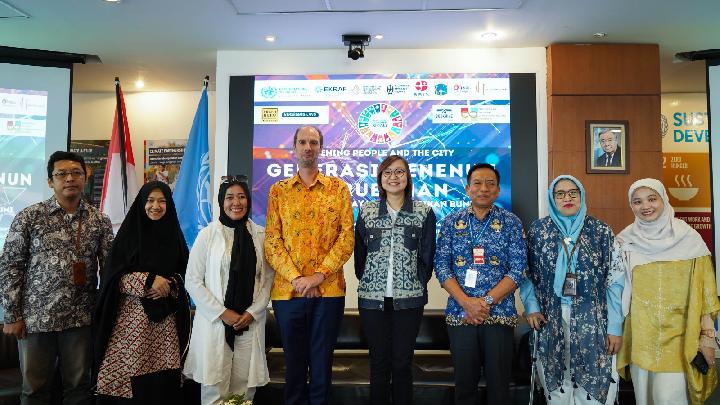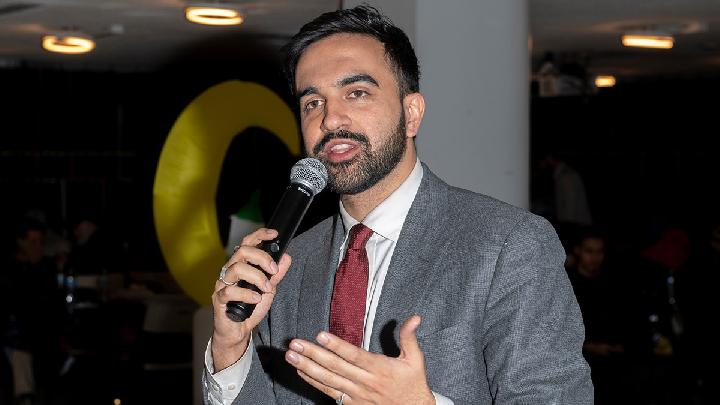TEMPO.CO, Jakarta - A growing number of organizations are urging the Indonesian government to suspend the Free Nutritious Meal (MBG) program following a surge in student food poisoning cases.
The latest incident occurred at State Elementary School 12 Benua Kayong in Ketapang, West Kalimantan, on Wednesday, September 24, 2025, where dozens of students and teachers reportedly fell ill after eating fried shark served under the program’s menu that day.
Data from the Indonesian Education Monitoring Network (JPPI) shows that as of September 21, 2025, food poisoning linked to MBG had affected 6,452 people, an increase of 1,092 cases from the previous week. National Coordinator of JPPI, Ubaid Matraji, said the situation warrants immediate intervention.
“This is not normal. The government should declare an extraordinary situation and suspend MBG for a full evaluation,” Ubaid said on Wednesday.
The Institute for Development of Economics and Finance (Indef) also pressed President Prabowo Subianto to temporarily halt MBG, which carries a budget allocation of Rp333 trillion.
Indef’s Head of the Center for Digital Economy and MSMEs, Izzudin Al Farras, noted that while the program has reached 23 million beneficiaries by late August, more than 4,000 poisoning cases have been reported.
“Unfortunately, these incidents are treated as mere statistics without serious evaluation,” Izzudin said in an online discussion on September 4.
The Indonesian Consumers Foundation (YLKI) echoed the call, highlighting the urgent need to improve training, sanitation, and food safety standards at the Nutrition Service Units (SPPG) responsible for the meals. Chairwoman Niti Emiliana warned that without systemic reform, the program risks becoming a ticking time bomb.
Indonesia Corruption Watch (ICW) went further, urging the Prabowo administration to shut down all MBG kitchens currently in operation. ICW’s Research Division staff, Eva Nurcahyani, said the program’s systemic problems can no longer be excused.
“Unless MBG is stopped immediately, it will only cause greater harm to the public,” Eva said on September 23.
Since April, ICW has operated a complaint channel that has collected reports of uneven food quality, undersized portions, unappealing meals, and inappropriate menus for special-needs students. Teachers also complained of added workloads without compensation, while ICW found evidence of involvement by legislators, police, and military personnel in the program’s contracts.
The Indonesian Institute for Public Policy Research (TII) added that the repeated poisoning cases should serve as a “red alert” for the government. Researcher Made Natasya Restu Dewi Pratiwi argued that even a single case of food poisoning should be unacceptable under food safety standards.
“Zero cases must be the goal. Every poisoning is a sign of systemic failure that risks escalating further,” she said in a written statement on September 19.
The Indonesian Teachers Federation (FSGI) also called for a moratorium, saying MBG lacked proper planning and had placed additional burdens on teachers and schools. Secretary General Fahriza Marta Tanjung described the recurring poisonings as evidence of weak oversight.
“This program is like waiting for the next area to suffer a food poisoning outbreak. Its planning and supervision are fundamentally flawed,” Fahriza said on September 24. FSGI recorded MBG-related problems in 14 provinces, ranging from spoiled and infested food to inadequate portions and cockroach findings.
Despite mounting criticism, the National Nutrition Agency (BGN) rejected calls for suspension. BGN Head Dadan Hindayana said the government will pursue improvements while continuing the program to meet its ambitious targets.
“The priority is ensuring coverage targets are met,” Dadan said on September 22. He admitted to being personally anxious about the risks but argued the poisoning cases—4,711 meals out of 1 billion served over nine months—were still within “tolerable limits.”
Dadan outlined corrective measures, including creating an MBG poisoning investigation team, temporarily shutting down noncompliant kitchens, and decentralizing monitoring by opening local BGN offices across all districts and cities starting in 2026.
Meanwhile, State Secretary Minister Juri Ardiantoro acknowledged public concern but stressed that the government would not halt MBG altogether.
“We will fix the problems as the program continues. There is no need to stop it entirely,” Juri said. Quoting President Prabowo, he added that MBG “must remain a program that truly benefits children.”
Juri insisted the government would seek solutions to prevent further incidents, saying, “We cannot allow this flagship program to be undermined by food poisoning cases. We will find a way forward.”
Dinda Shabrina, Dede Leni Mardianti, Nandito Putra, Alfitria Nefi Pratiwi, Hendrik Yaputra, and Aqila Izatul contributed to the writing of this article.
Editor’s Choice: BGN Comments on Alleged MBG Food Poisoning After Consuming Shark Meat
Click here to get the latest news updates from Tempo on Google News
















































